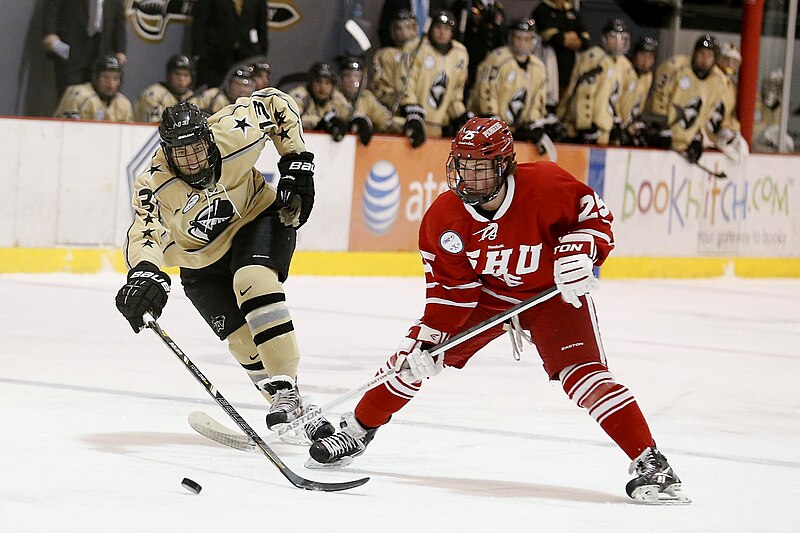The NCAA Division 1 council voted Thursday to remove the ban on CHL players, making them eligible for collegiate hockey effective August 1st, 2025.
So long as players aren’t “paid more than actual and necessary expenses as part of that participation”, any player with CHL experience will now be eligible to be recruited to a Division 1 collegiate program. The council defines “necessary expenses” as “necessary or required for your participation in practice or competition, including but not limited to: meals, lodging, transportation, apparel, equipment, supplies, coaching, ice time, medical treatment (health insurance), and entry fees.” The ruling does not apply to Division III hockey programs as of yet.
Prior to the vote, Josh Whitman, the athletics director at Illinois and chair of the council said “As the council continues its review of the full spectrum of NCAA eligibility rules, this proposal, focused on a singular issue, represents a pragmatic step in aligning skiing and men’s ice hockey with other sports in terms of allowable preenrollment activities.”
“The council is discussing the possibility of developing a comprehensive package of proposals to address eligibility issues presented by the current era of college sports,” Whitman continued. “We are proceeding with a deliberate, comprehensive approach to review and modernize applicable rules. We anticipate introducing proposals in the coming months that would consistently, meaningfully and responsibly change eligibility requirements to offer the best possible experience for student-athletes and schools.”
Prior to the vote, in a pre-NIL era of college athletics, CHL players were ineligible for Division 1 participation because they were paid a monthly stipend of $250 a month. While schools may have pointed to that paltry sum as a reason for blocking CHL players from Division 1 programs in the past, the reality was that there were larger monetary and developmental factors at play which were the true reason for the embargo.
However, with players across all collegiate sports now able to monetize their name, image, and likeness, the NCAA began to soften their stance as they hope to put out a better on ice product which in turn could translate into more revenue for their member schools.
The CHL released a statement of their own on Thursday following news of the vote becoming public.
“While we will take time to fully review this rule change, we believe this is a positive development that will provide our players with more opportunities to continue their hockey and academic careers following their time in the CHL,” the statement said. “It will also give young players and their families more options in choosing their development path, which includes opening up the CHL — the best development hockey league in the world for players aged 16-20 — to more players worldwide.”
Despite the new ruling, any player who signs an NHL contract, but opts to return to the CHL will remain ineligible for collegiate participation.
Photo: U.S. Army photo by Tommy Gilligan/USMA PAO. This file is a work of a U.S. Army soldier or employee, taken or made as part of that person’s official duties. As a work of the U.S. federal government, it is in the public domain in the United States.
